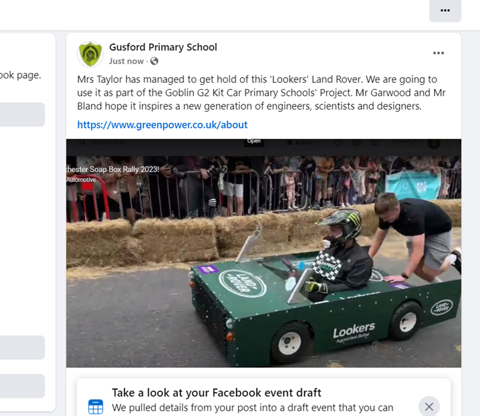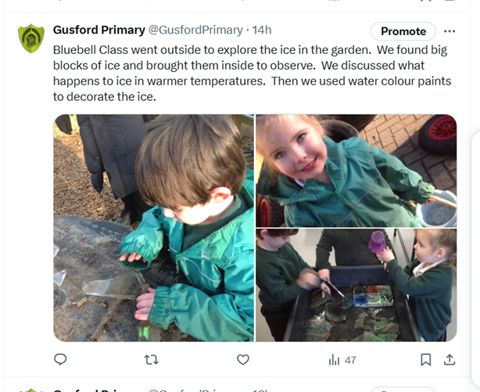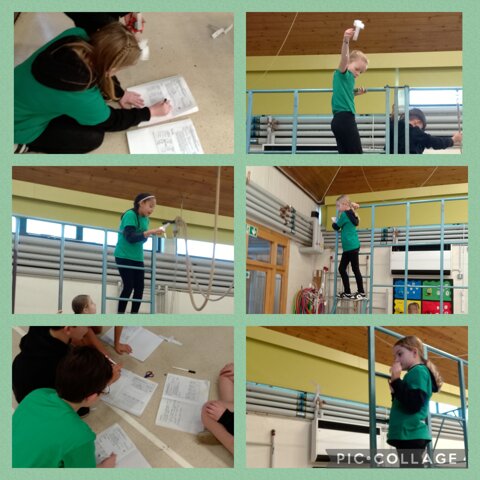Intent
Science is everywhere and provides answers to all that we see around us. Science both explains changes that have happened and creates the change of the future. Through our science curriculum we aim to teach the children about the world around them and also to inspire them to be curious and to have a thirst for investigating their enquiries. The nature of investigating something is not only a skill pertinent to science but a life skill in itself and can be relevant to all areas of life. Biology, chemistry and physics are recognised as individual disciplines further allowing progression from our starting points towards broader goals. It is our intention that all children access and achieve in science allowing them to have the greatest understanding of the world around them. All scientific learning and activities are planned to be accessible to all learners, including those with SEND, G&T, disadvantaged and other factors. Adaptations for these groups of children are made to allow access to the Science Curriculum. Enrichment activities are made available to all children.
Implementation
In EYFS, science is taught through 6 enquiry questions related to the world around them. Each of these questions is explored and answered over a 2 week period and is enhanced within the continuous provision. There is a focus within these enquiries on seasons and things typically of key interest to children within this stage (minibeasts, toys)
In Key Stage 1 and 2, science is taught weekly, across five half terms throughout the year. Within each half term, a different part of the science national curriculum is taught (e.g. plants, animals including humans) with ‘Working Scientifically’ (e.g. questioning, planning and carrying out enquiries and drawing conclusions) threaded across all the themes.
Key threads flow through the long term plan from nursery to Year 6 and when teaching a particular concept, prior learning is revisited and built upon. To bring the learning to life and to provide real life context, each year group takes part in an enrichment trip or visitor to the school. Safety is always a priority and children are taught the safety rules and expected to follow these accordingly.
Impact
At the end of KS1 and KS2, the children’s learning is assessed against the age-related expectation bands that are based on the 2014 National Curriculum statements for science. At Gusford, we use summative assessment to determine children’s understanding and inform teachers’ planning. This is reviewed by the subject leader, who also carries out regular learning walks, book studies and lesson observations.
Cross Curricular Links
-
Maths: using measuring equipment.
-
Geography: explaining geographical concepts.
-
Art: drawing perspective.
-
DT: using circuits, making things move.
-
PSHE: learning about the body.
-
Computing: understanding how computers and computer systems work.
-
PE: understanding how the body works, forces.
-
Music: understanding how sound works.
Science Documents
Science Vocabulary Mats Nursery
Science Vocabulary Mats Reception
Science Knowledge Organisers Year 1
Science Knowledge Organisers Year 2
Science Knowledge Organisers Year 3
Science Knowledge Organisers Year 4
Science Knowledge Organisers Year 5
Science Knowledge Organisers Year 6
Science Heroes

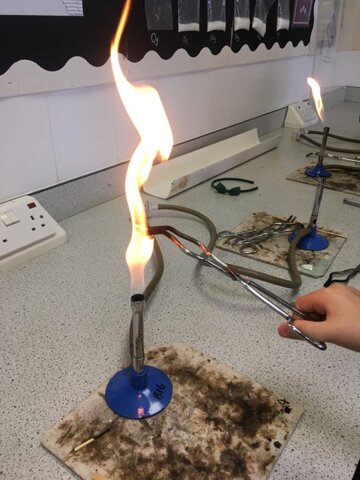
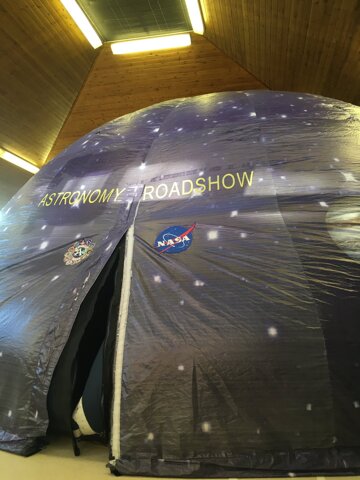
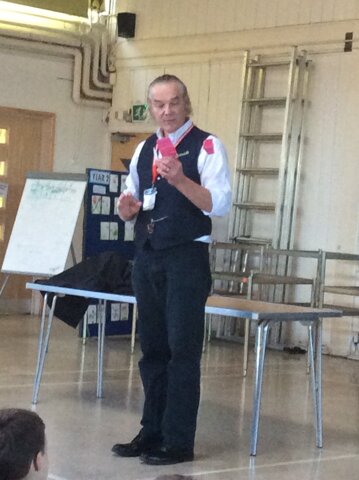
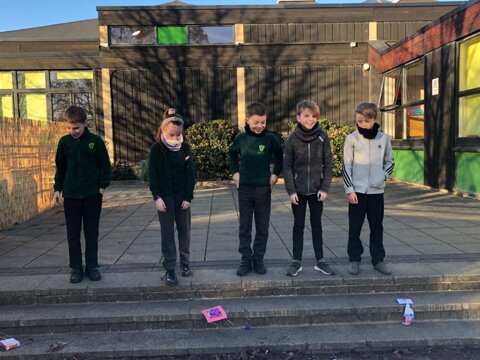
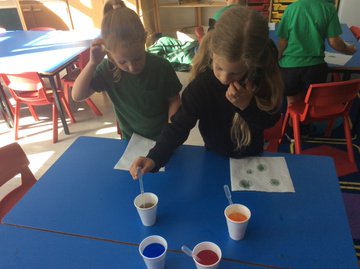
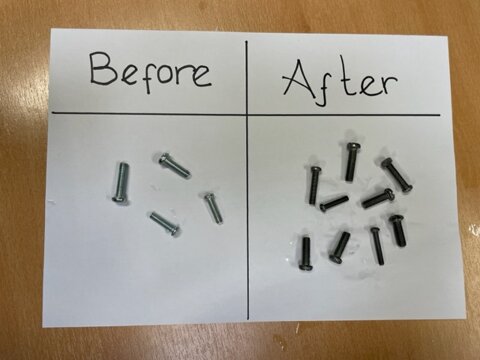
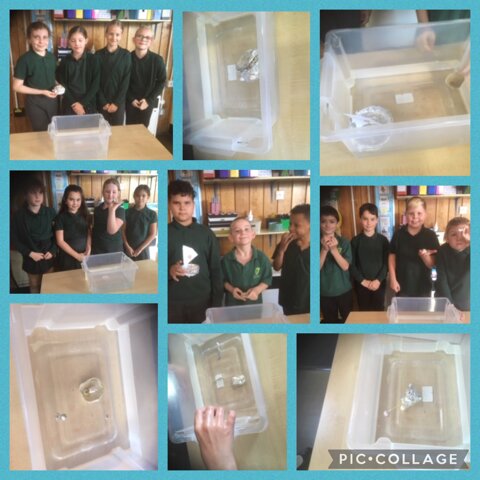
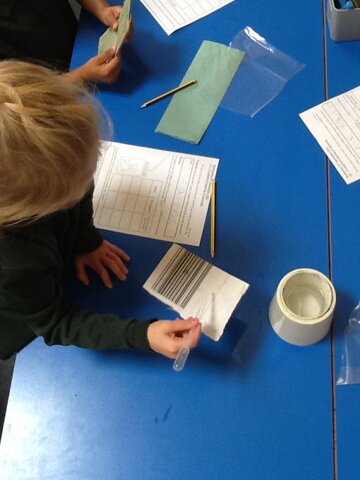
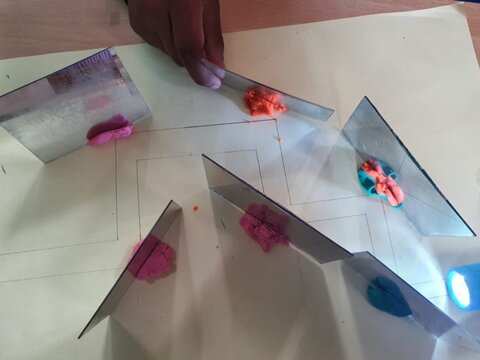
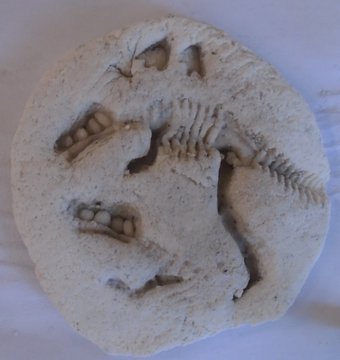
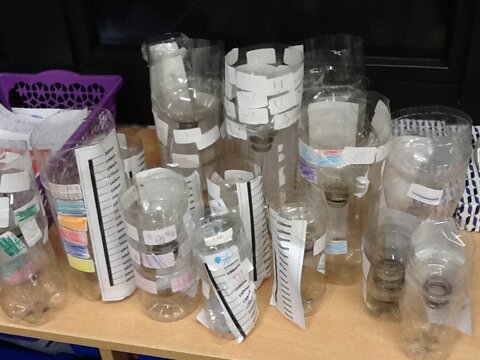
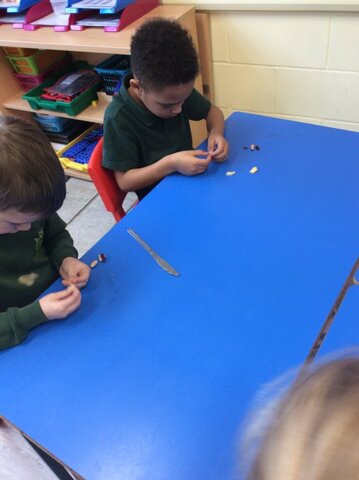
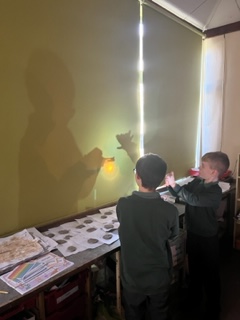
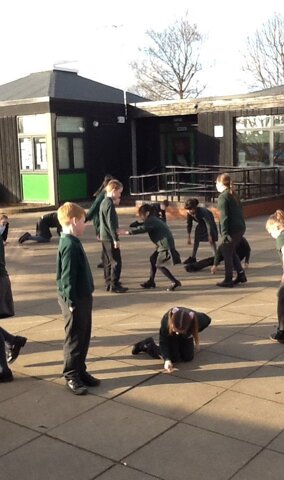
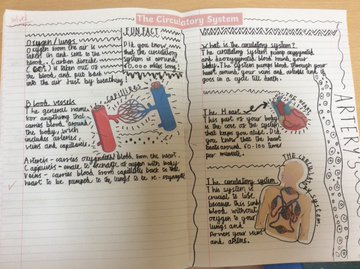
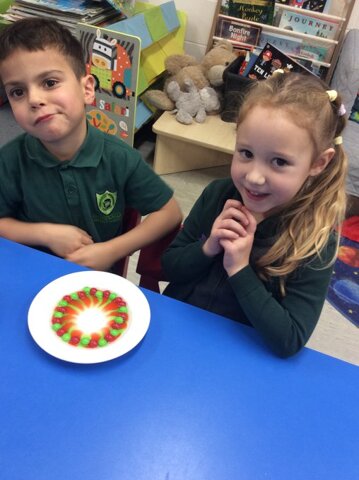
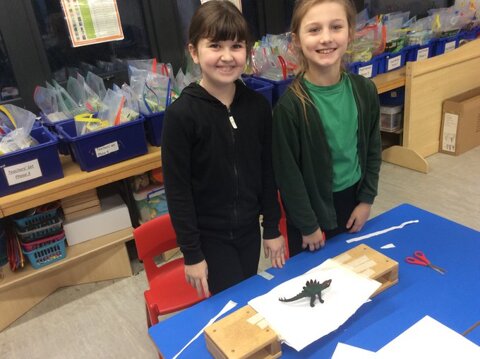

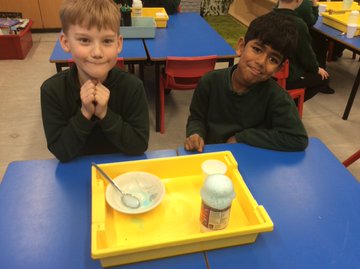

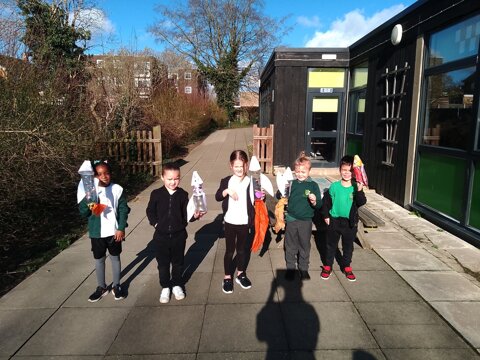

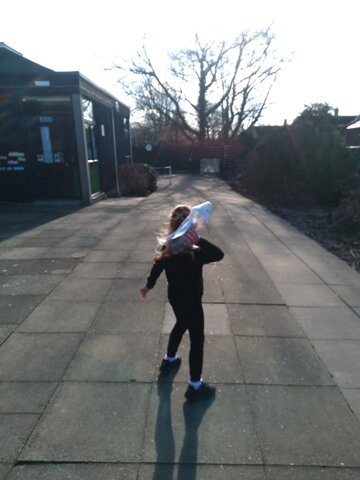
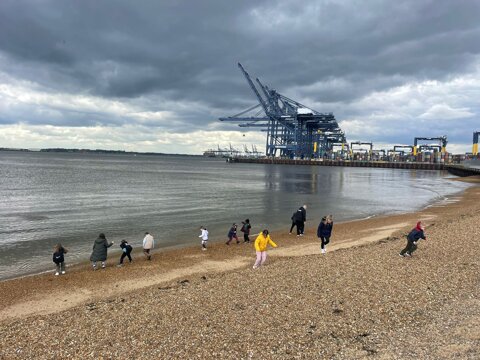

.jpg)





